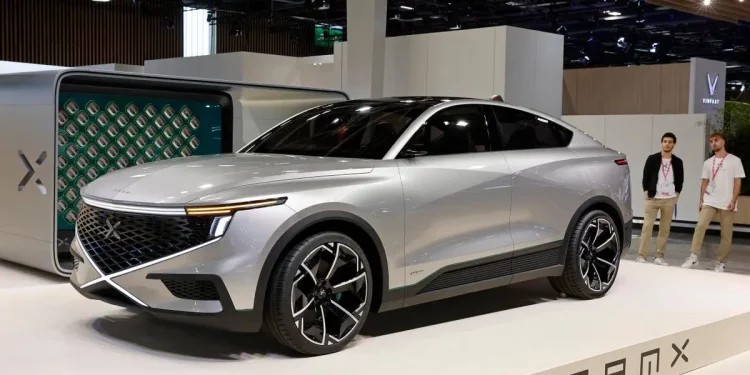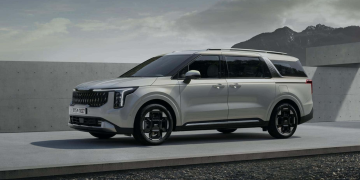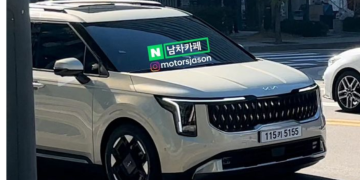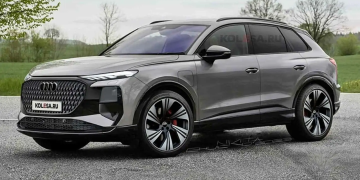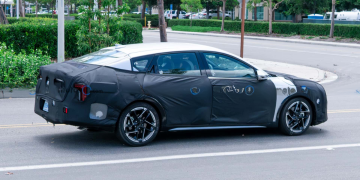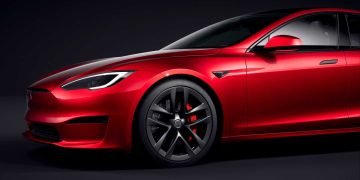The global trend towards electric vehicles is growing rapidly. Battery electric vehicles appear to have completely supplanted the now-apparently universally fossil-fueled options. The European government announced that no new gasoline or diesel vehicles will be sold after 2035, and the United States is following a similar policy.
Future of Hydrogen Fuel Cells and Electric Cars:
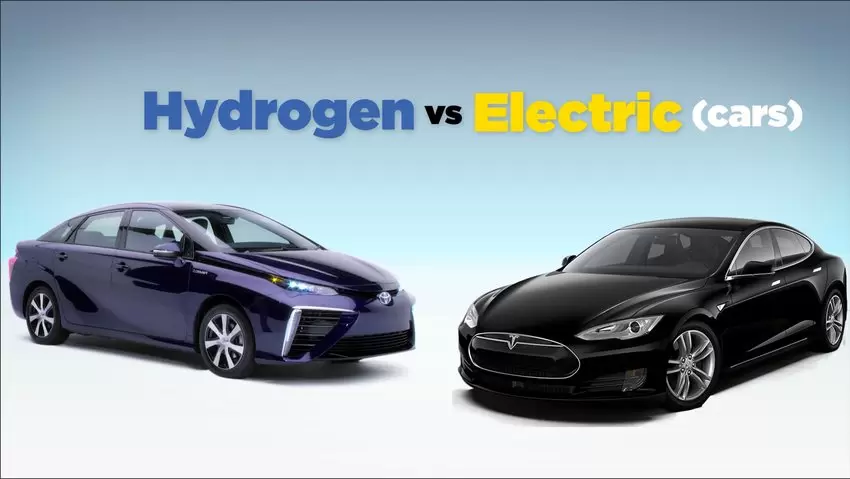
Hydrogen fuel cell sales projections for 2030 and 2035 as a perspective item only. Because Environmental organizations scorn the notion that hydrogen can be used to power cars and SUVs. According to recent Automotive Research, Battery electric vehicles (BEV) sales in Western Europe will fall to just under 1.5 million this year and just over 1.5 million in 2023. BEV sales will reach a market share of around 14.4 percent and 20 percent by 2025 and 65 percent by 2030. It means electric cars are 9.2 million in a total market of 14.2 million, and fuel cell sales barely figure.
Will Electric Car Revolution Fizzles Out?
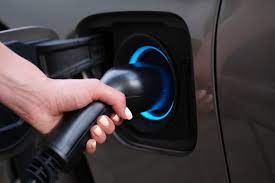
If the electric car’s victory is complete, why are the supporters of hydrogen? Despite Electric Car Revolution, electric automobiles have several significant flaws such as Prices for batteries are now rising rather than reducing. Electric cars were going to be a strong choice as the cost of batteries fell below $100 kWh, but that is now changing due to supply chain issues and inflation caused by the coronavirus pandemic. The prices of foreign components such as cobalt, manganese copper, and lithium suddenly skyrocket, destroying the economic situation.
Additionally, there is ongoing concern about range, the need for hugely expensive charging infrastructures, and some experts contend that compared to diesel vehicles, electric cars are completely ineffective for long-distance sustained driving.
Can hydrogen still succeed?
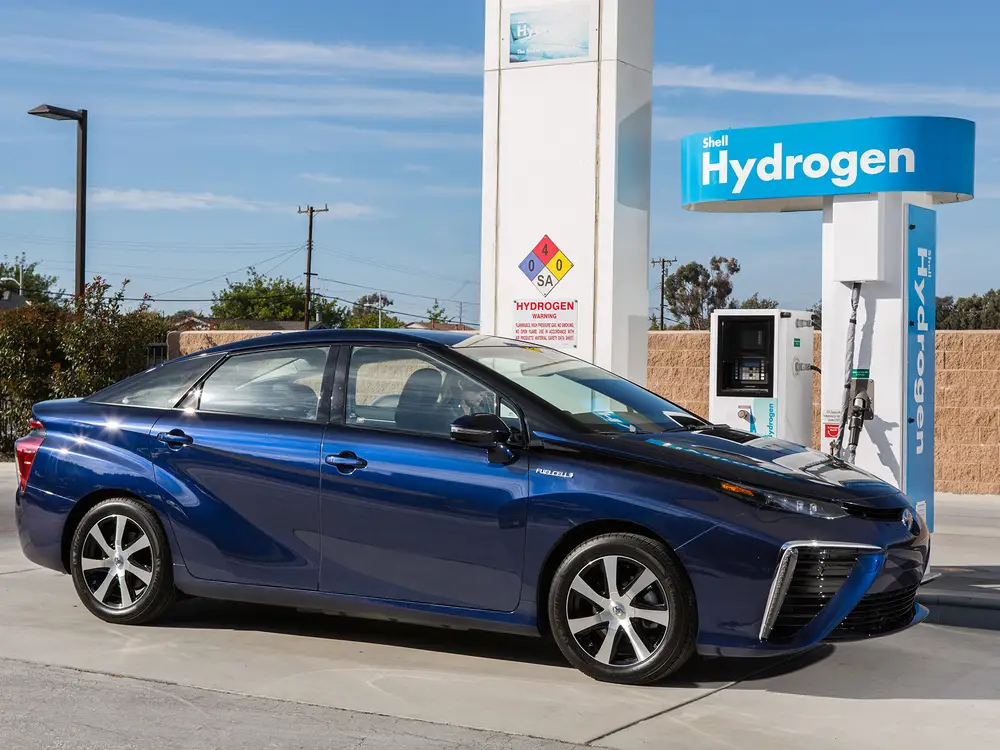
There are a number of hydrogen fuel cell supporters. Toyota, Hyundai, and BMW are major shareholders of Hydrogen Fuel Cells and spend a lot of money on the hydrogen project. According to the report, even all-in-for-electric Volkswagen also announced a hydrogen project and working to develop a new hydrogen fuel cell for vehicles, with a 1,240-mile range. BMW CEO Oliver Zips said that the next trend in car and SUV power will be hydrogen, with sales starting in the US within 5 years.
